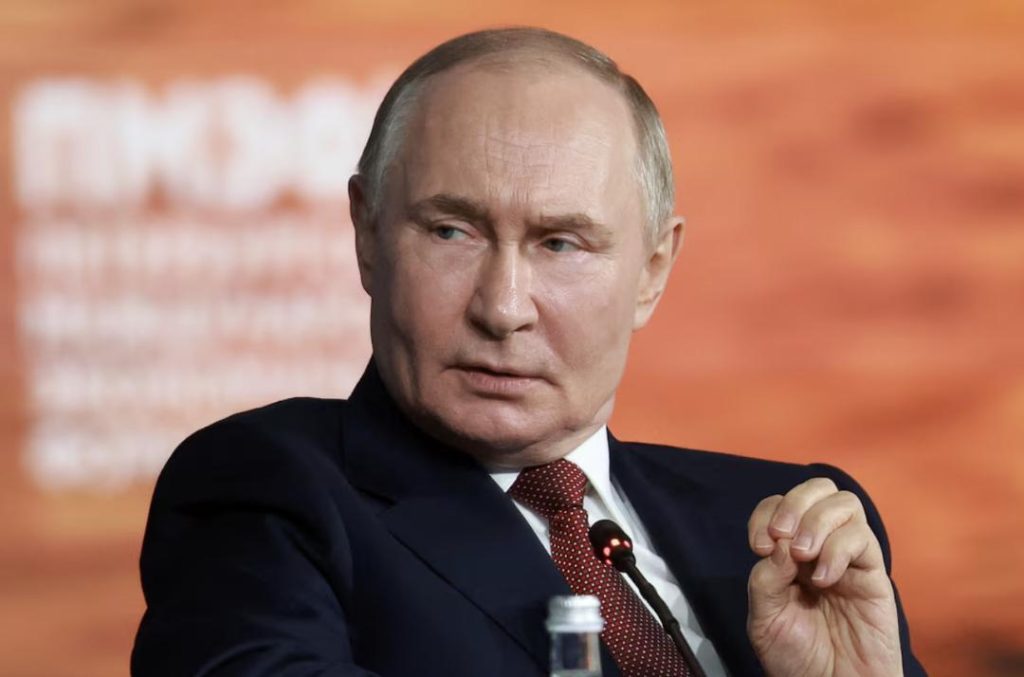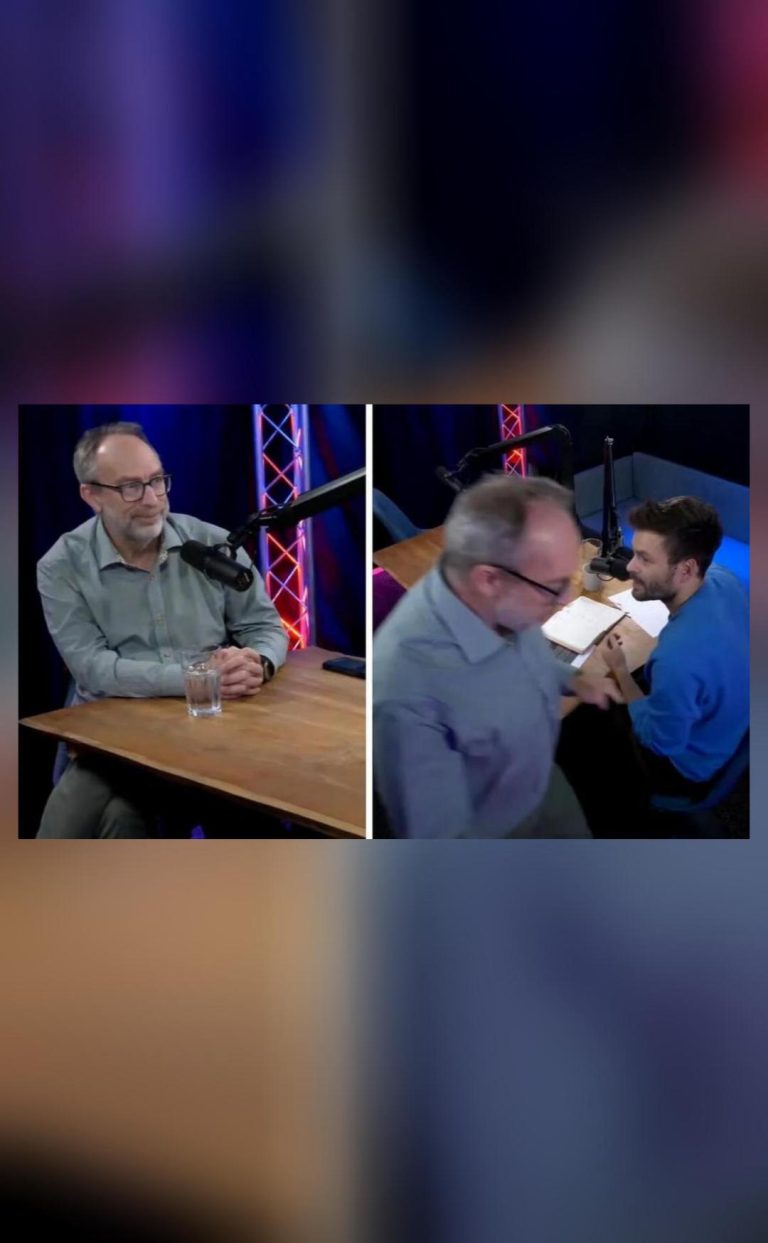
Title: Ukraine Deserves Better Destiny Than Being 3rd Party’s Tool: Putin
In a recent statement, Russian President Vladimir Putin emphasized that Ukraine deserves a better destiny than being a mere tool in the hands of “third parties working against Russia”. He made these remarks during a press conference, where he also highlighted the importance of long-term stability in the region, which he believes can be achieved through Ukraine’s refusal to join alliances and possession of nuclear weapons.
Putin’s statement comes at a time when tensions between Russia and Ukraine have been escalating, with both sides engaging in a bitter conflict that has left thousands dead and millions displaced. The conflict, which began in 2014, has also led to widespread economic sanctions against Russia and a significant deterioration in relations between the two countries.
Putin’s comments are significant because they provide a rare glimpse into the mind of the Russian leader, who has been accused of pursuing an aggressive foreign policy in recent years. His emphasis on Ukraine’s need for independence and self-determination is a departure from his previous stance, which has been widely criticized for being imperialistic and expansionist.
In his statement, Putin acknowledged that Ukraine has the right to determine its own destiny and to chart its own course in international relations. However, he also stressed that this right must be exercised within the framework of a broader regional stability, which can only be achieved through cooperation and dialogue between all parties concerned.
Putin’s emphasis on regional stability is a key aspect of his foreign policy, which has been shaped by his experience as a former KGB agent and his understanding of the complex geopolitics of the region. He believes that the region is inherently unstable and that any attempts to impose a single dominant power or to create a unipolar world order are doomed to fail.
In this context, Putin sees Ukraine’s refusal to join alliances and to possess nuclear weapons as a crucial step towards achieving long-term stability in the region. He believes that Ukraine’s independence and sovereignty are essential for the region’s stability, and that any attempts to undermine these principles would have far-reaching consequences for the entire region.
Putin’s statement has been met with a mixed reaction, with some welcoming his emphasis on Ukraine’s right to self-determination while others have criticized his failure to acknowledge the human rights abuses and war crimes committed by Russian forces in Ukraine.
The Ukrainian government has welcomed Putin’s statement, with President Volodymyr Zelensky saying that Ukraine is committed to pursuing a policy of neutrality and non-alignment in international relations. Zelensky has also emphasized the importance of dialogue and cooperation with Russia, and has called for an end to the conflict and the withdrawal of Russian forces from Ukrainian territory.
However, others have criticized Putin’s statement for being too little, too late. They point out that his regime has been responsible for numerous human rights abuses and war crimes in Ukraine, and that his emphasis on regional stability is simply a euphemism for Russian imperialism.
In conclusion, Putin’s statement on Ukraine’s destiny is significant because it provides a rare glimpse into the mind of the Russian leader and his understanding of the complex geopolitics of the region. While his emphasis on Ukraine’s right to self-determination is welcome, his failure to acknowledge the human rights abuses and war crimes committed by Russian forces in Ukraine is a major concern.
Ultimately, the fate of Ukraine and the region will depend on the ability of all parties concerned to engage in a meaningful dialogue and to work towards a peaceful resolution of the conflict. It is essential that all parties prioritize the principles of sovereignty, self-determination, and human rights, and that they work towards creating a more stable and secure region for all.






